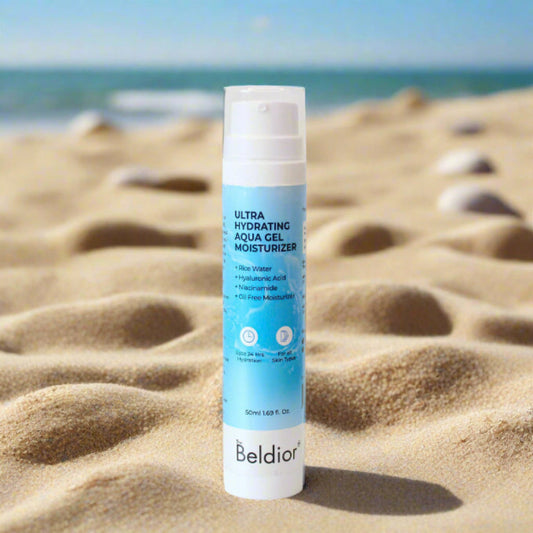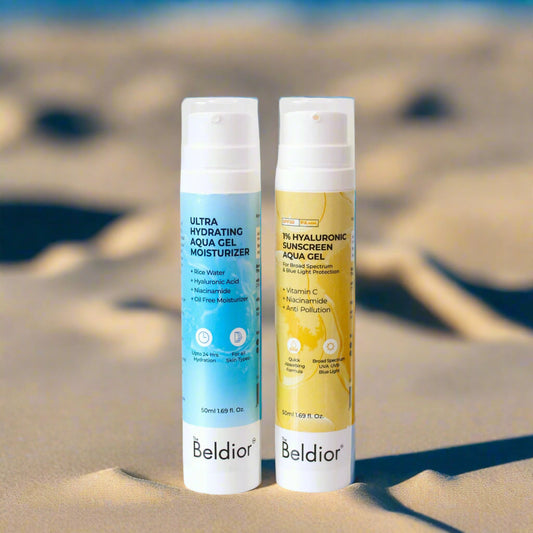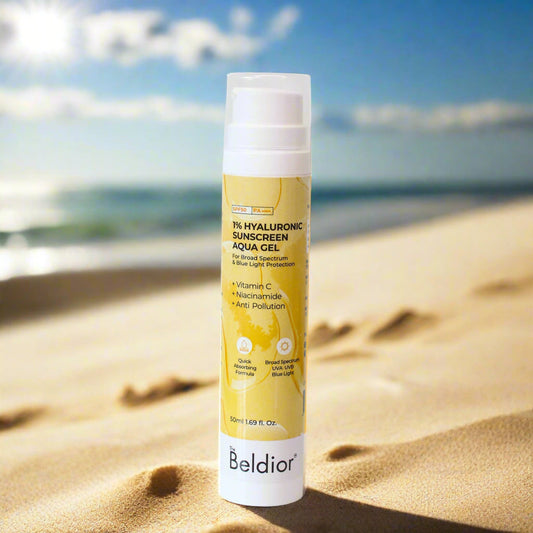We’ve all been there—overloaded with work, running on little sleep, and suddenly, a breakout appears. It’s frustrating, but it’s not a coincidence. Stress-related breakouts are real, and science backs it up. When stress hits, your body releases cortisol, which cranks up oil production, leading to clogged pores and acne flare-ups. A 2023 study in the Journal of Dermatological Science confirmed that high cortisol levels worsen acne. So, how do you keep your skin clear even during life’s busiest moments? Let’s dive into some practical, stress-proof skincare strategies that actually work.
Why Does Stress Cause Breakouts?
Stress doesn’t just affect your mind—it impacts your skin health too. When you’re anxious, your body enters fight-or-flight mode, increasing cortisol and androgen hormones. These hormones tell your sebaceous glands to produce more oil, leading to clogged pores, breakouts, and inflammation.
A Stanford University study observed that students had a 30% increase in acne severity during exams compared to stress-free periods. That means your skin is reacting to what’s happening inside your body. The good news? You can control it with the right habits.
How to Manage Breakouts During Stressful Periods
1. Stick to a Simple and Consistent Skincare Routine
Overloading your skin with too many products won’t help—it might make things worse. Instead, focus on the basics:
- Gentle Cleansing: A sulfate-free cleanser removes excess oil and dirt without stripping moisture.
- Lightweight Moisturizer: An oil-free moisturizer strengthens the skin barrier and prevents dryness.
- Targeted Treatments: Use a salicylic acid or benzoyl peroxide treatment to fight breakouts and clogged pores.
2. Reduce Stress to Protect Your Skin
Since stress is a root cause of hormonal acne, lowering it can improve your skin clarity. Try these simple tricks:
- Get Enough Sleep: Poor sleep raises cortisol levels, leading to inflammation and breakouts.
- Exercise Regularly: Physical activity reduces stress hormones and boosts blood circulation, keeping your skin glowing.
- Practice Mindfulness: Meditation, deep breathing, or yoga can lower stress-related inflammation and improve skin health.
3. Eat for Clear and Healthy Skin
Your diet plays a major role in acne management. Studies show that a high-glycemic diet (processed carbs, sugary foods) leads to increased oil production and skin inflammation. Instead, focus on:
- Antioxidant-rich Foods: Berries, spinach, and nuts help combat oxidative stress.
- Omega-3 Fatty Acids: Found in salmon, flaxseeds, and walnuts, these reduce inflammation and redness.
- Probiotics: Yogurt and fermented foods balance the gut microbiome, which can improve skin health.
4. Keep Your Hands Off Your Face
Touching your face throughout the day transfers bacteria, dirt, and oil, leading to clogged pores and acne. If you have a habit of resting your chin on your hand or picking at pimples, breaking it can make a big difference in your skin clarity.
5. Use the Right Ingredients for Stress-Prone Skin
Stress can throw your skin barrier off balance, but the right ingredients can help:
- Niacinamide: Calms redness, regulates oil production, and reduces inflammation.
- Hyaluronic Acid: Keeps skin hydrated, even when cortisol levels are high.
Case Study: A Real-Life Example of Managing Stress Acne
In a 2022 study from the Journal of Clinical Dermatology, 50 people struggling with stress-induced acne followed a simple skincare and stress management routine for four weeks. Here’s what happened:
- 85% saw a reduction in breakouts.
- 72% noticed smoother skin texture and less redness.
- 90% felt more confident in their skin health.
This proves that managing stress and sticking to a consistent skincare routine can transform acne-prone skin.




